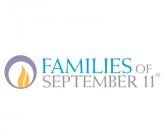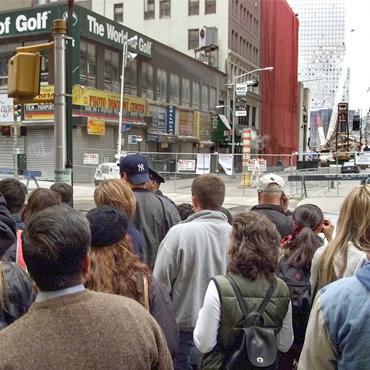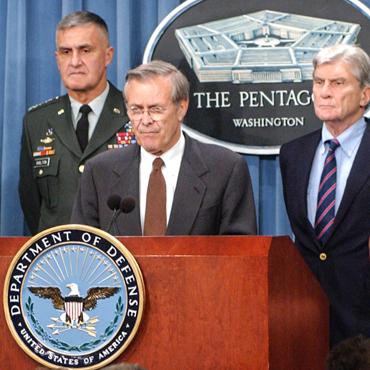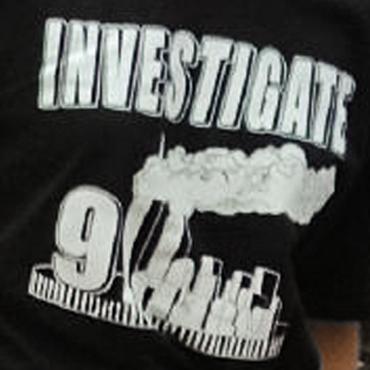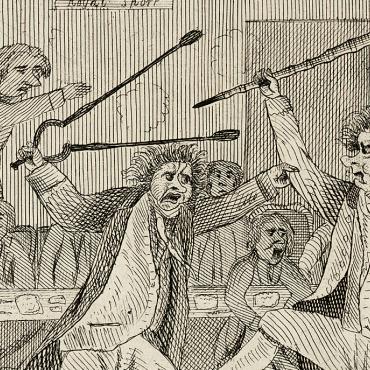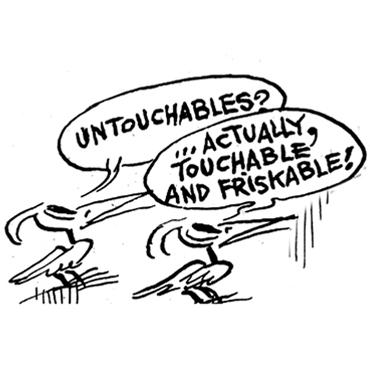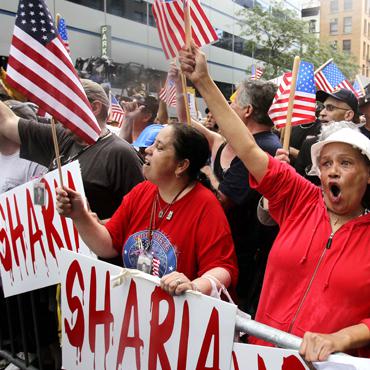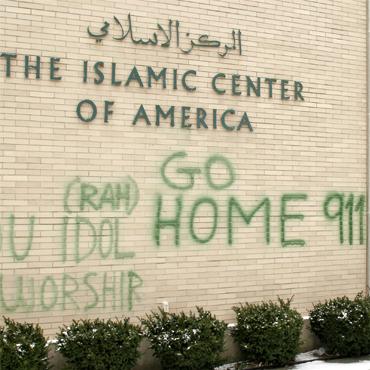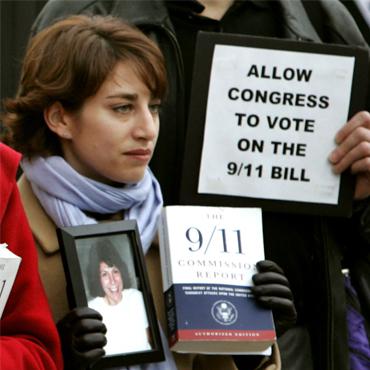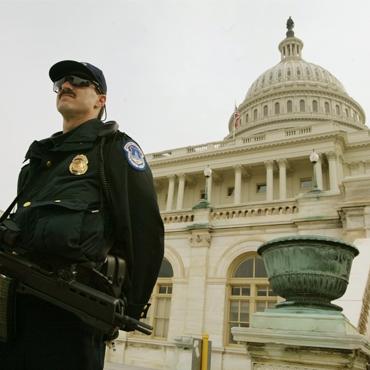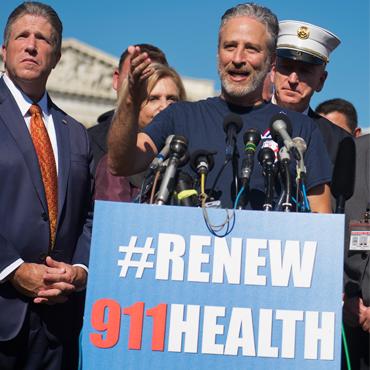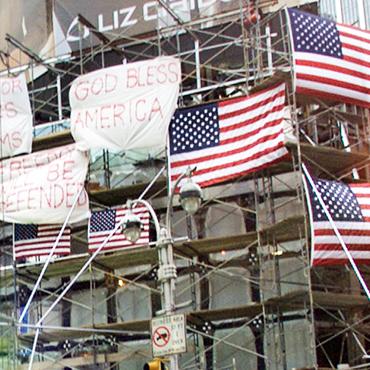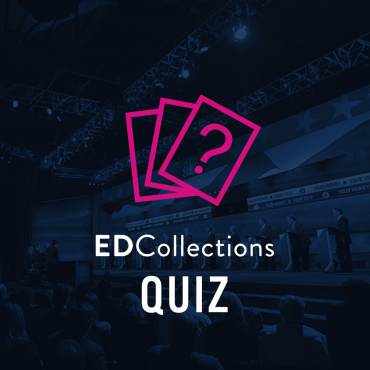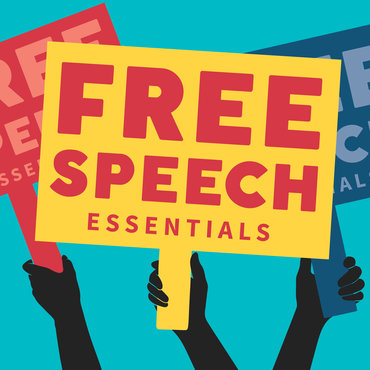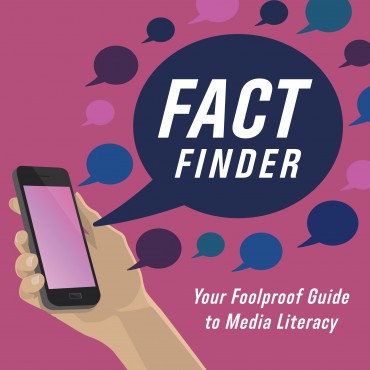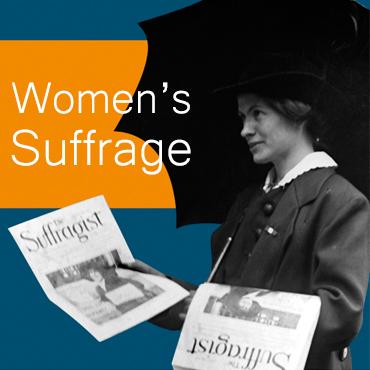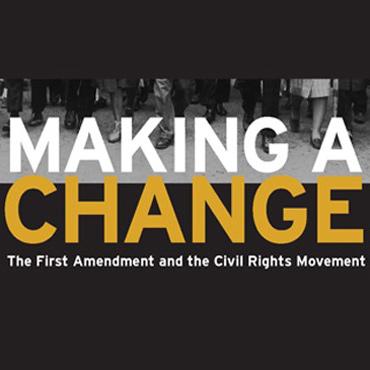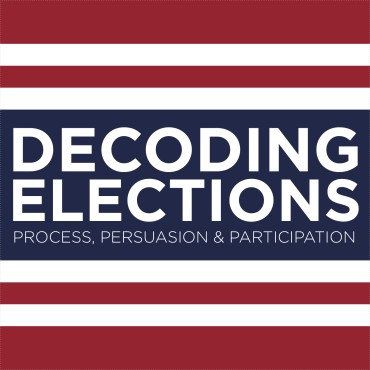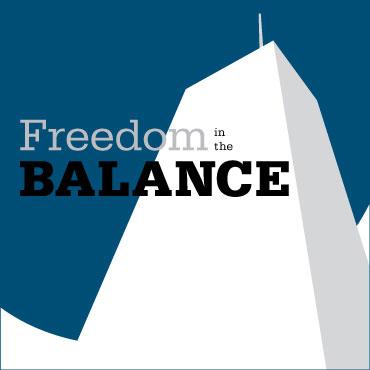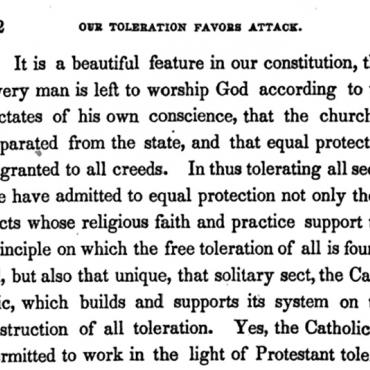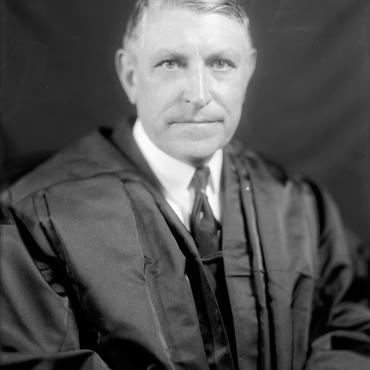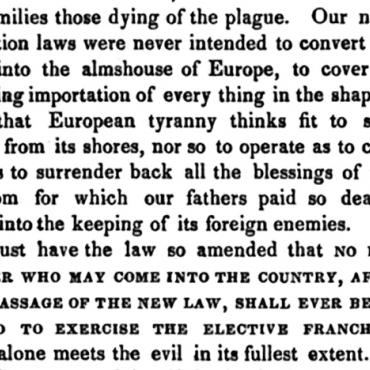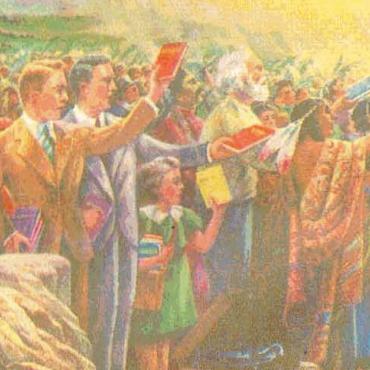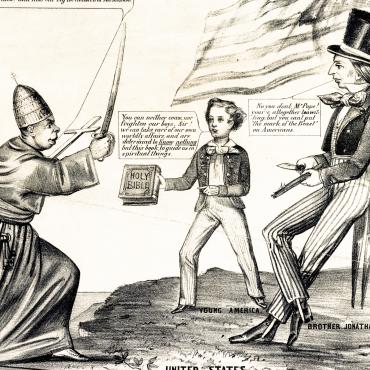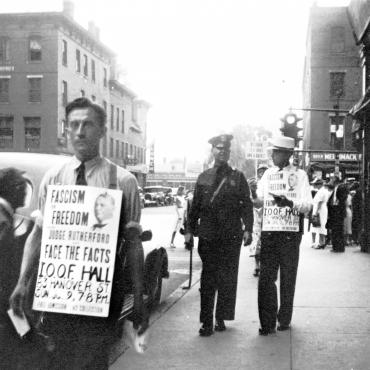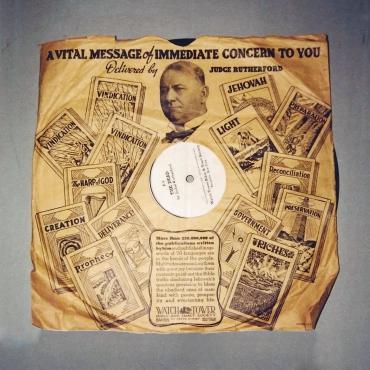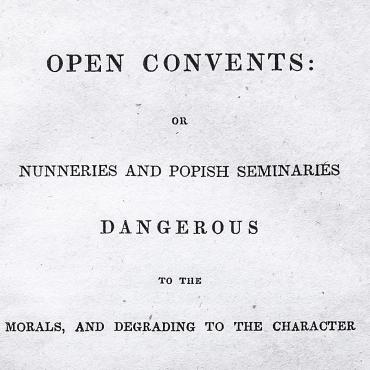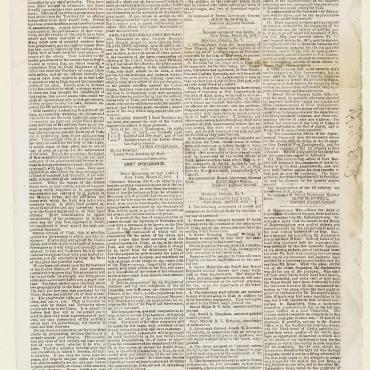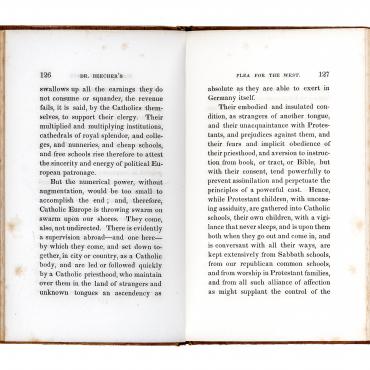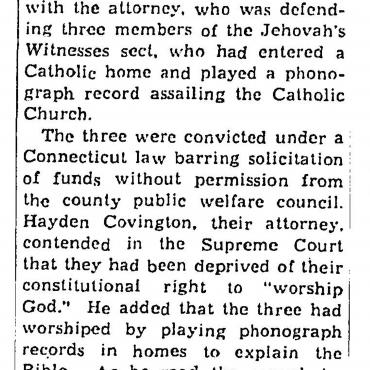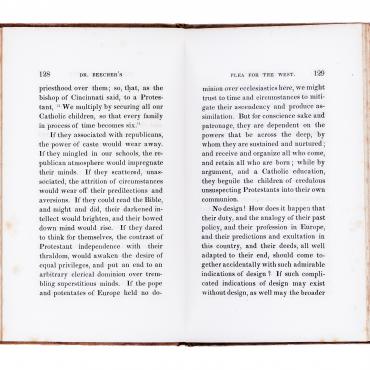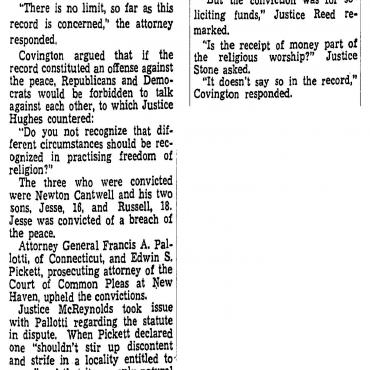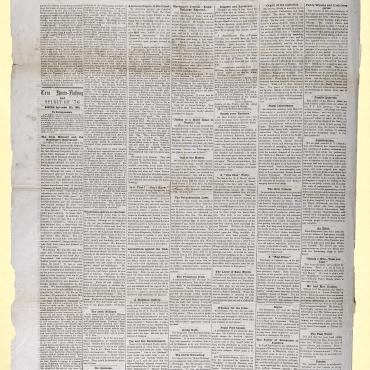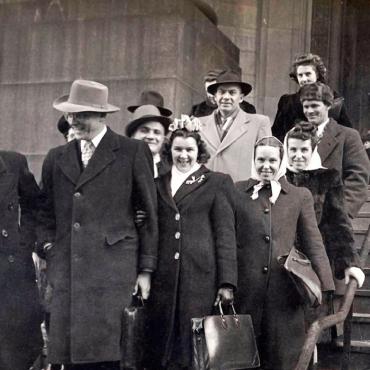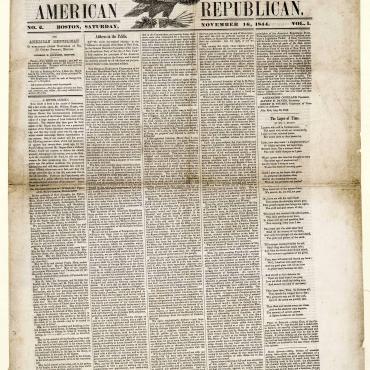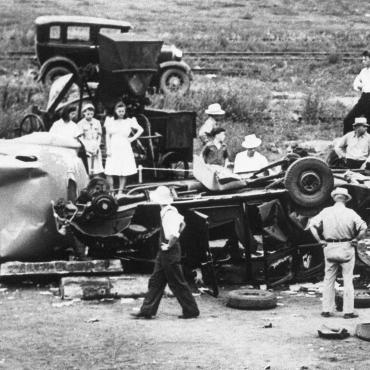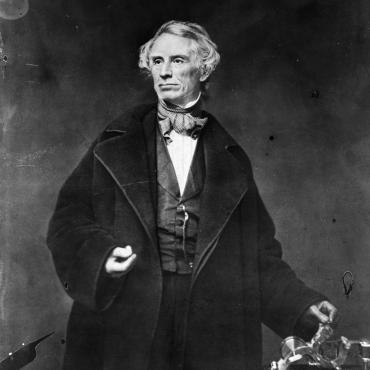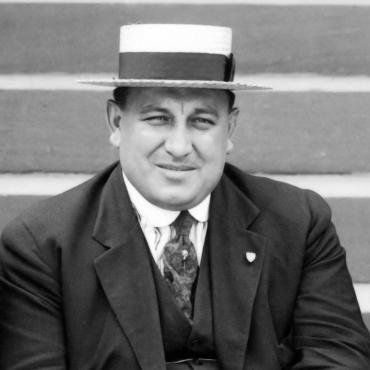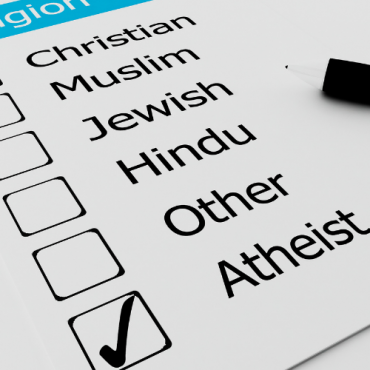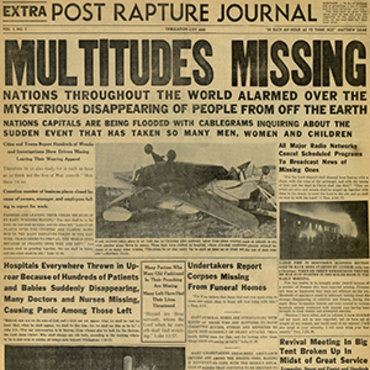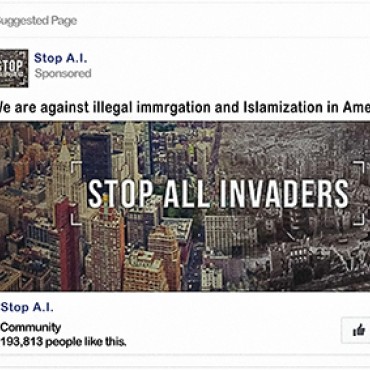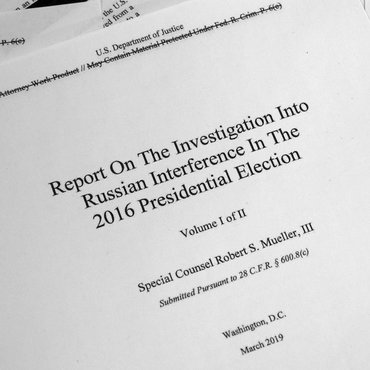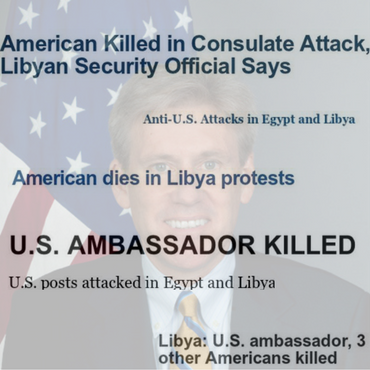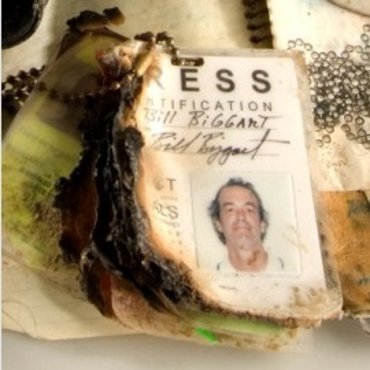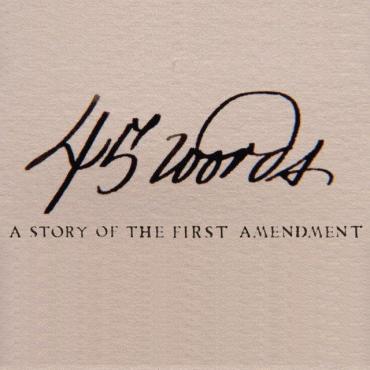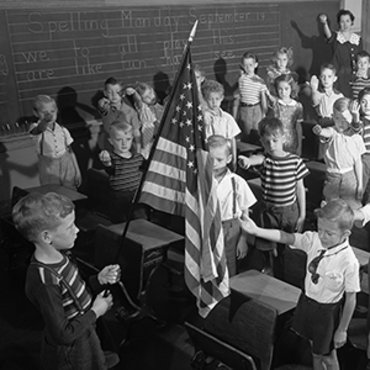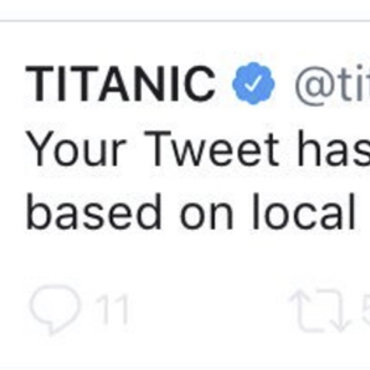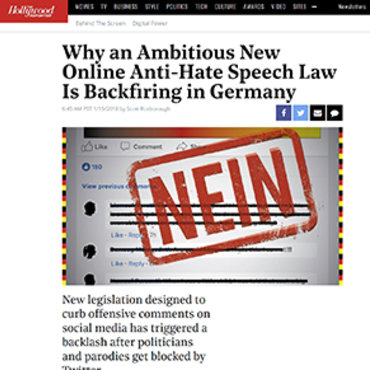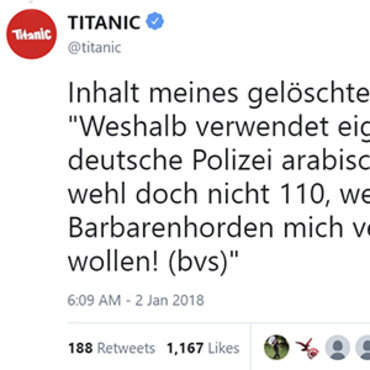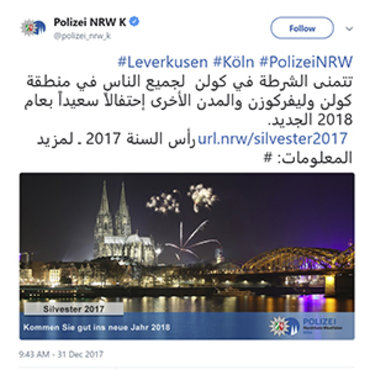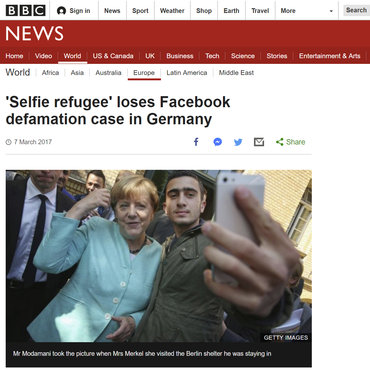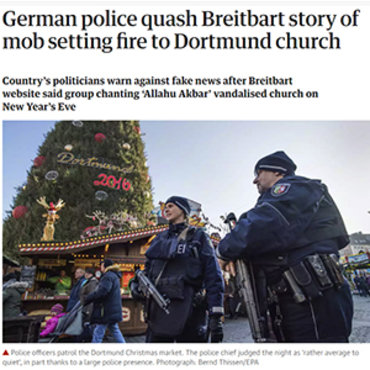2011: Religious Profiling for Public Safety
Should officials be able to monitor religious groups without evidence of illegal activity?
Get even more great free content!
This content contains copyrighted material that requires a free NewseumED account.
Registration is fast, easy, and comes with 100% free access to our vast collection of videos, artifacts, interactive content, and more.
NewseumED is provided as a free educational resource and contains copyrighted material. Registration is required for full access. Signing up is simple and free.
With a free NewseumED account, you can:
- Watch timely and informative videos
- Access expertly crafted lesson plans
- Download an array of classroom resources
- and much more!
This Critical Debate is part of a Debate Comparison:
See all Debate Comparisons- National Security
- Religious Liberty
- 9-12
- College/University
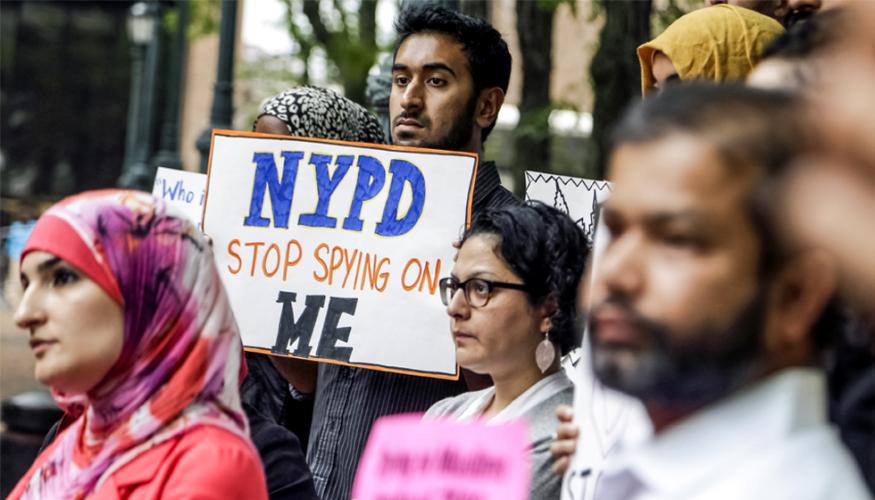
People rally in Manhattan, N.Y., to protest a New York Police Department surveillance program.
Looking Back: 9/11 Connections
Use the artifact viewer to explore the image below and discuss the following questions:
- What happened/is happening in this image? What story does it tell?
- How is this image connected to the events of Sept. 11, 2001?
- How could you use this image to make an argument about the state of freedom in the U.S.? About national security?
When and how, if ever, should law enforcement monitor a religious group based on perceived threats to public safety?
You are a member of your city police department’s citizen advisory board. A recent news story reveals that after radical Muslims carried out a major terrorist attack in your city, the police department began spying on Muslim neighborhoods. In order to protect against future attacks, the police have created maps of these neighborhoods, identifying mosques and community gathering places such as coffee shops, and placed plainclothes officers in the communities to eavesdrop on conversations. Police also have sent undercover informants into local mosques and installed surveillance cameras outside the mosques.
The police chief has called a meeting of the citizen advisory board to discuss how to proceed with the program now that it has been made public.
What do you advise the chief to do?
-
Keep the program in place.
The police should take whatever steps they believe are necessary to protect against future terrorist attacks.
-
Keep the program, but scale it back.
Remove the undercover informants and plainclothes officers who have been spying on community members, but continue to use surveillance cameras and other technology to keep an eye on community activities.
-
Keep the program, but expand it.
Targeting Muslims alone is discriminatory. The police should be monitoring all religious communities to detect extreme beliefs that could pose a threat to the city.
-
Shut down the program.
Targeting people as potential terrorists based only on their religion is discriminatory.
-
Something else.
Explain your idea.
-
How do you think Muslim communities reacted when this program was revealed?
- How would you feel if your community were targeted by a program like this because of the criminal actions of a few people? At what point is investigating an entire community justified?
-
Where do you draw the line between acceptable investigation techniques and intrusive spying?
-
How should law enforcement respond to the threat of terrorism? What techniques do you think are legally acceptable? What techniques are ethically acceptable?
Have students use the Analyzing Evidence and Making Your Argument handouts to collect and organize additional information about the case, then form an argument supported by evidence. Give groups 30 minutes to prepare, or assign as homework. (Note: Students may wish to organize their sources and evidence using a spreadsheet, such as Google Sheets.)
-
Common Core State Standards: CCSS.ELA-LITERACY.CCRA.SL.3
Evaluate a speaker's point of view, reasoning, and use of evidence and rhetoric. -
Common Core State Standards: CCSS.ELA-LITERACY.CCRA.SL.4
Present information such that listeners can follow the line of reasoning and the organization, development, and style are appropriate to task, purpose, and audience.
-
NCSS C3 Framework: D4.1.6-8 and D4.1.9-12
6 - 8: Construct arguments using claims and evidence from multiple sources, while acknowledging the strengths and limitations of the arguments. 9 - 12: Construct arguments using precise and knowledgeable claims, with evidence from multiple sources, while acknowledging counterclaims and evidentiary weaknesses.
-
ISTE: 7d. Global Collaborator
Students explore local and global issues and use collaborative technologies to investigate solutions.
-
National Center for History in the Schools: NCHS.US History.Era 10
Standard 1: Recent developments in foreign policy and domestic politics Standard 2: Economic, social, and cultural developments in contemporary United States
-
Center for Civic Education: CCE.V
A. What is citizenship? B. What are the rights of citizens? C. What are the responsibilities of citizens? D. What civic dispositions or traits of private and public character are important to the preservation and improvement of American constitutional democracy? E. How can citizens take part in civic life?
